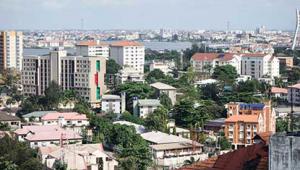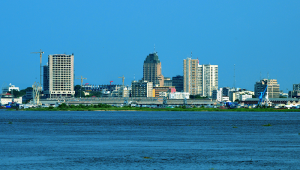The DRC’s tax-to-GDP ratio stood at just 7.6% in 2016, down from 9.7% the previous year. This is also 10.6 percentage points lower than the average among 21 African economies, which was 18.2%, according to the Revenue Statistics in Africa 2018 report launched on 31 October.
The country’s highest share of tax revenues was from VAT, which accounted for 33% of the intake, while taxes on goods and services made up 27%.
The report also included data on non-tax revenues, such as foreign aid grants, property income, fines, penalties and sales of goods and services.
In 2016, the DRC non-tax revenues amounted to 3.7% of GDP, of which grants amounted to 68.1% of this.
Across the 21 African countries examined for the report, the average tax-to-GDP ratio had increased from 13.1% in 2000 to 18.2% in 2016, but remains below the Latin American average of 22.7% and the OECD average of 34.3%.
The report said additional finance needed to be mobilised “in particular domestic resources” to fund public goods and services.
Among the countries examined, Tunisia had the highest ratio at 29.4%, followed by Morocco’s at 26.4% and South Africa’s 28.6%.
Despite’s Tunisia apparently strong performance, its tax-to-GDP ratio declined by 0.9 percentage points from 2015.
The report highlighted that taxes on goods and services accounted for 54.6% of total tax revenues on average across the 21 countries in 2016. VAT made up 29.3% of total tax revenues.
The report was produced by the African Tax Administration Forum, the African Union Commission, the Centre for Tax Policy and Administration of the OECD and the OECD Development Centre, with the financial support of the European Union.
The report included data for Botswana, Burkina Faso, Cabo Verde, Cameroon, Republic of the Congo, Democratic Republic of the Congo, Côte d’Ivoire, Egypt, Eswatini, Ghana, Kenya, Mali, Mauritius, Morocco, Niger, Rwanda, Senegal, South Africa, Togo, Tunisia, and Uganda.







